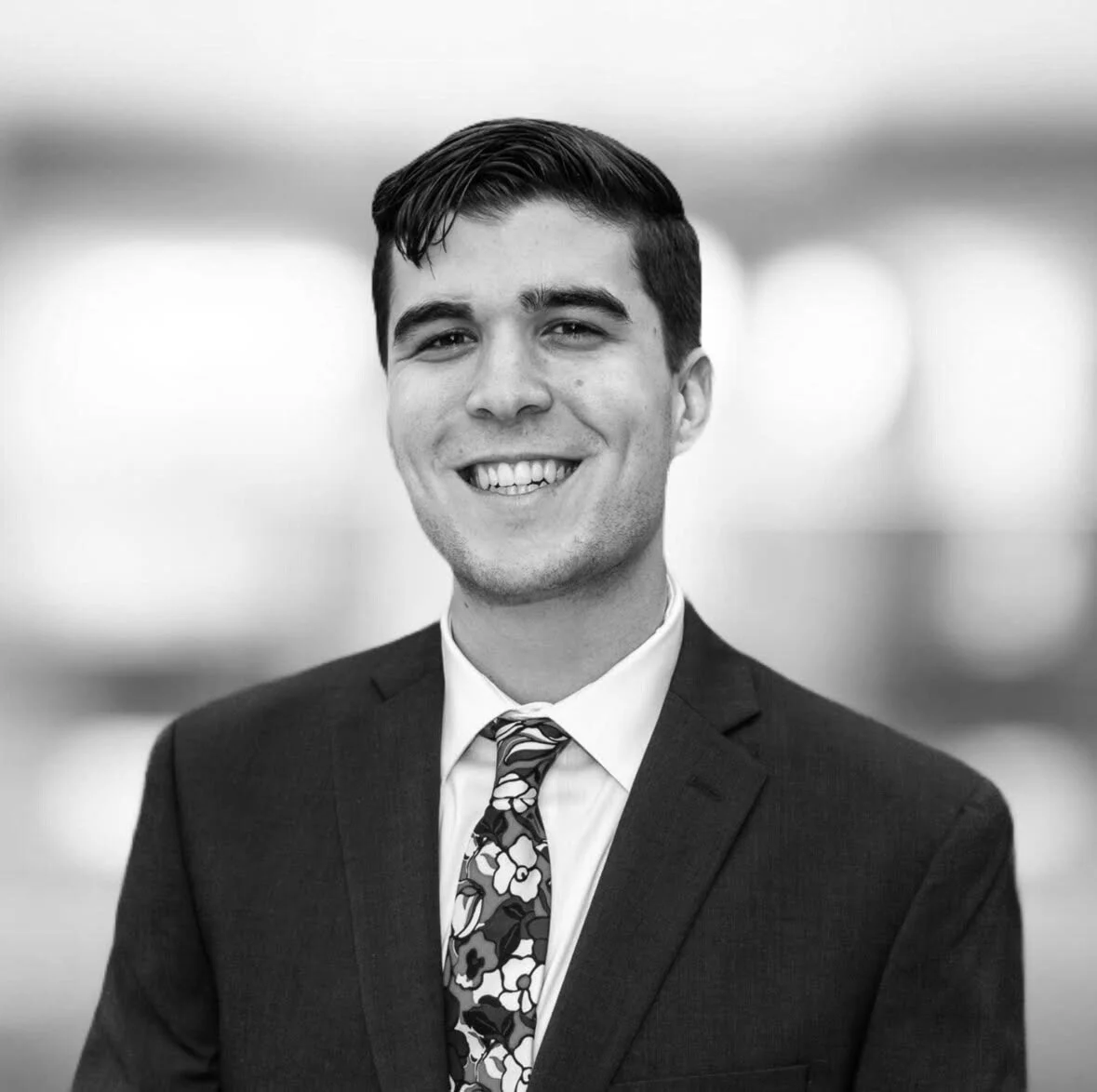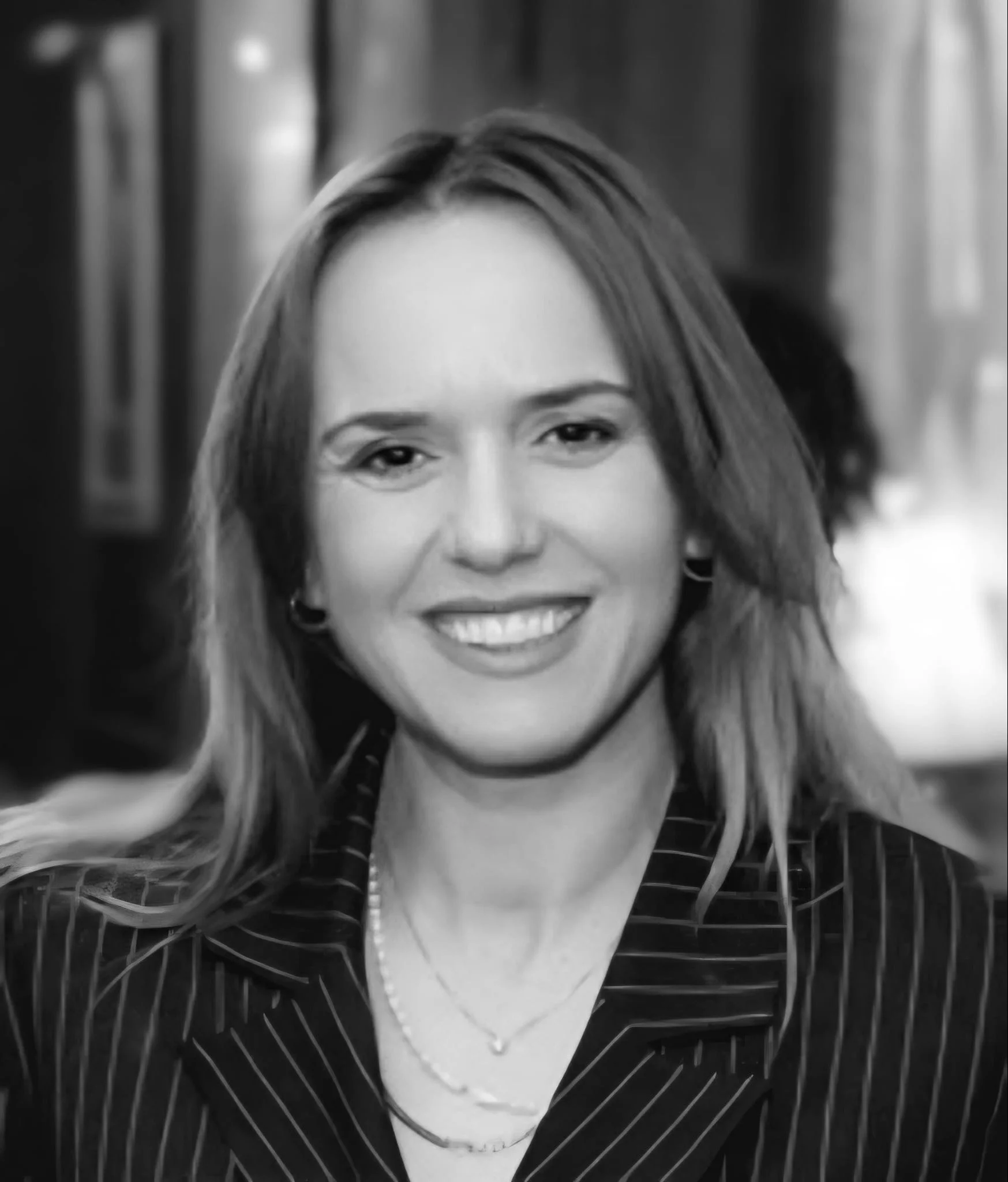
Generation Patient Staff
Sneha Dave
Founder & Executive Director
Sneha graduated from Indiana University in May 2020 where she majored in chronic illness advocacy as well as journalism. She created the Generation Patient and its program the Crohn’s and Colitis Young Adults Network (CCYAN) to create support systems for adolescents and young adults with chronic conditions across the U.S. and internationally. She is proud to work with a team composed entirely of young adults with chronic medical disabilities and to keep Generation Patient transparent and independent from the pharmaceutical and insurance industry.
Sneha has completed an undergraduate research fellowship in health policy at Harvard T.H. Chan School of Public Health. She has also interned at numerous places such as Pfizer Global Headquarters in health economics and outcomes research for Inflammation and Immunology. Sneha has spoken on Capitol Hill, featured nationally on C-SPAN, and is a past contributor for U.S. News and World Report. She has served on the Democratic National Committee Disability Policy Subcommittee and she is part of the Midwest Comparative Effectiveness Public Advisory Council, an independent appraisal committee of the Institute for Clinical and Economic Review. Sneha also serves on the patient engagement collaborative for the FDA. She was previously a national policy fellow at RespectAbility and now serves as the youngest director on the board for the national nonprofit. Sneha was awarded two academic fellowships with the Association of Health Care Journalists. For her work, Sneha was selected as one of the most influential teenagers in 2018 by the We Are Family Foundation and she was been recognized as an American Association of People with Disabilities Emerging Leader in 2020.
U.S. News & World Report — Articles by Sneha Dave
This Is What It's Like To Live With Ulcerative Colitis
Don’t Forget Us! Young Adults with Invisible Illness – Experts by Experience
Pitfalls Journalists Should Avoid When Writing About People With Disabilities
Managing This Invisible Disability in College — Pg. 70
Rosa Kelekian, MSW
Program Manager
Rosa Kelekian (she/her) is a chronic illness patient and patient advocate in the San Francisco Bay Area. She has a master’s degree in Social Welfare from the University of California Berkeley, and has worked to expand chronic illness/disability support locally and nationally.
Rosa was diagnosed with her first autoimmune disease (celiac disease) at a year and a half, and has been diagnosed with IBD, Ehlers Danlos Syndrome, ADHD, and other chronic conditions since. Almost thirty years of living with chronic illness has driven her passion for peer support work, prioritizing connection, solidarity, and community care.
Alexander Naum, JD
Policy Manager
Alexander Naum has focused his education and career on helping to create a more equitable and just healthcare system. Originally from South Florida, Alexander was diagnosed with Tuberous Sclerosis in his adolescence. Alexander’s lived experience of having a rare genetic disorder motivated him to study Public Health at the University of South Florida and later obtain his Juris Doctor at American University Washington College of Law, with a focus on health law and policy.
Alexander has experience working in a variety of health advocacy roles. While living in Florida, Alexander participated in grassroots organizing and Florida Medicaid expansion initiatives. After moving to DC, Alexander worked with the Centers for Medicare and Medicaid Services Office of Program Operations and Local Engagement during the COVID-19 Public Health Emergency. Alexander also worked with the Asbestos Disease Awareness Organization to advocate for Federal policy to eliminate the risk of asbestos exposure in our workplaces and communities. Finally, while working with Liles Parker PLLC, Alexander supported healthcare whistleblowers in pursuing cases against their organizations who were actively defrauding our public healthcare programs.
In addition to Alexander’s educational background and experience, Alexander has also extensively written on a variety of healthcare topics. These written works include publishing an article that reviewed the anticompetitive practices occurring in the pharmaceutical industry and proposed policy reform to increase access to life-saving medication.
Gonxhe Simonson
Director of Operations, HR & Development
Gonxhe (Gone-jeh) Simonson is a program and operations leader with over a decade of experience turning mission driven ideas into well run, impactful programs. Her work focuses on improving access for underserved communities, with a strong emphasis on education, health equity, and economic development. She brings a practical approach to building clear processes, managing budgets, and coordinating across teams and partners to deliver strong program outcomes. She holds a Master’s degree in Human Rights from the University of Minnesota and is a Fulbright alum. Gonxhe has led large-scale emergency response and refugee resettlement efforts and is driven by creating practical, accountable systems that support teams and communities and deliver real impact.
We would like to thank the following people for their leadership contributions to Generation Patient.




